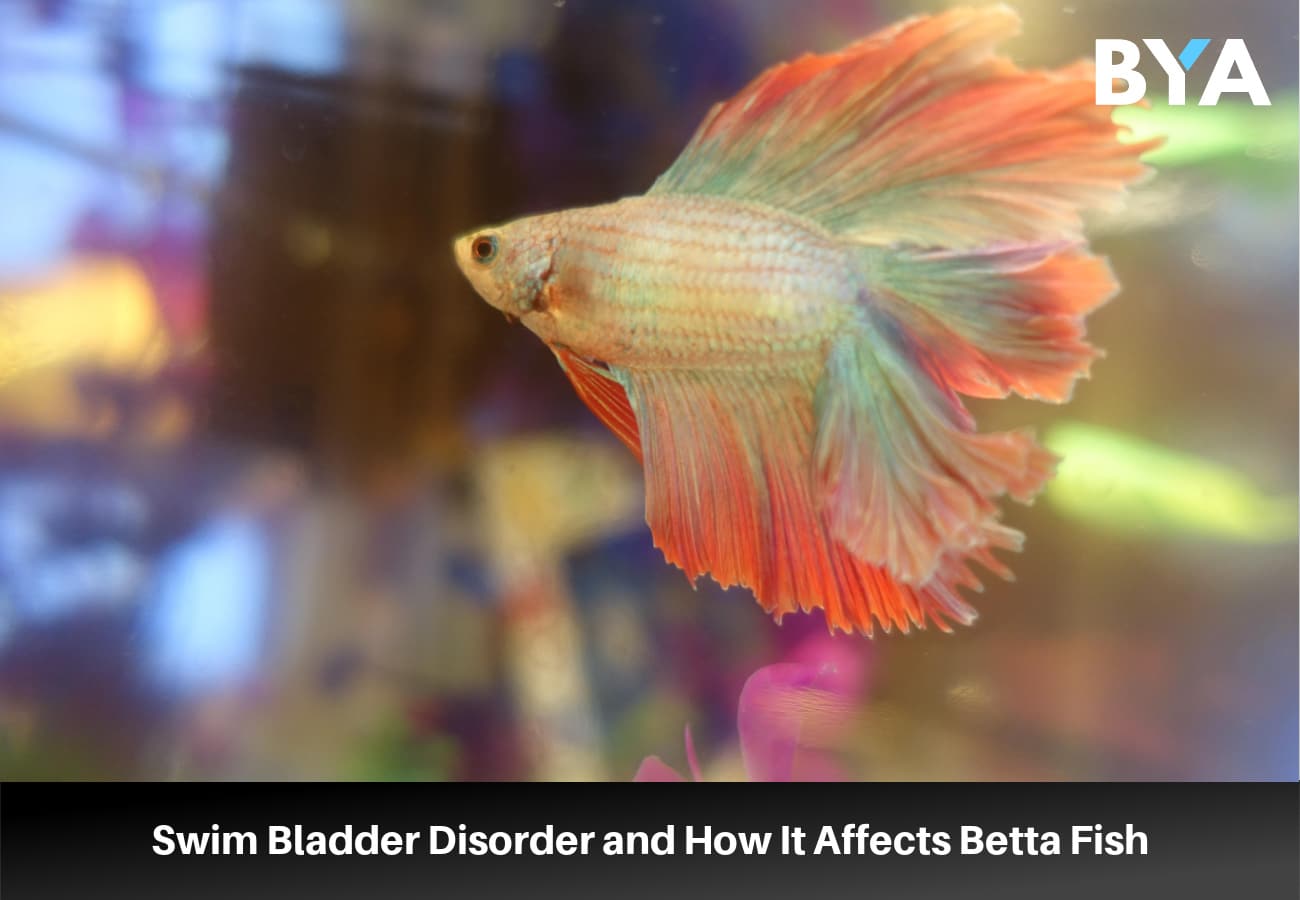The majestic betta fish, with its vibrant colors and elaborate fins, has captivated the hearts of many aquarium enthusiasts. However, behind its stunning appearance, the betta’s average lifespan is a subject of interest and concern for many pet owners. The average lifespan of a betta fish is approximately 3-5 years, but with proper care and attention, some bettas have been known to live up to 7 years or more in captivity.
Several factors contribute to the average lifespan of a betta fish, including genetics, environment, diet, and health. In this article, we will delve into the specifics of each factor, providing you with valuable insights and tips on how to create an optimal environment for your betta to thrive.
Genetics: The Foundation of Longevity
Genetics play a significant role in determining the lifespan of a betta fish. Some breeds are more prone to certain health issues, which can affect their overall longevity. For instance, the Veil Tail betta, with its elegant, flowing fins, is more susceptible to fin rot and other diseases due to its elaborate finnage. On the other hand, the Plakat betta, with its shorter fins, is generally hardier and less prone to fin-related issues.
When selecting a betta, it’s essential to choose a healthy specimen from a reputable breeder or pet store. A healthy betta should have:
- Vibrant, even coloring
- Clear, alert eyes
- Strong, balanced fins
- Active, curious behavior
Environment: The Key to a Happy and Healthy Betta
A well-maintained environment is crucial for a betta’s longevity. Factors such as water temperature, pH levels, and tank size can significantly impact a betta’s health and lifespan.
- Water Temperature: Bettas prefer warm water, ideally between 76-82°F (24-28°C). Avoid sudden changes in temperature, as this can stress your betta and lead to illness.
- pH Levels: Bettas thrive in slightly acidic to neutral water, with a pH range of 6.5-7.5. Avoid extreme pH levels, as this can cause stress and discomfort.
- Tank Size: A minimum tank size of 5 gallons is recommended for a single betta. Larger tanks provide a more stable environment, with better water quality and reduced stress.
Diet: Fuel for a Long and Healthy Life
A balanced diet is essential for maintaining a betta’s overall health and longevity. Bettas are carnivores and require a diet rich in protein. High-quality commercial betta pellets or flakes should be the main staple, supplemented with live or frozen foods such as:
- Brine shrimp
- Bloodworms
- Daphnia
Avoid overfeeding, as this can lead to digestive issues and water quality problems. Feed your betta 2-3 times a day, only as much as they can consume within a few minutes.
Health: Monitoring and Maintaining
Regular monitoring and maintenance are vital for preventing and detecting health issues in bettas. Common health problems include:
- Fin Rot: Fungal or bacterial infections that cause fin deterioration.
- Ich: A parasitic disease characterized by white spots on the body and fins.
- Swim Bladder Disease: A condition that affects the betta’s ability to swim and maintain buoyancy.
Regular water changes (25-50% every week), combined with a balanced diet and a clean, well-maintained tank, can help prevent many of these issues.
Tips for a Long and Happy Betta Life
- Provide a varied diet: Include a mix of commercial pellets, live, and frozen foods to ensure a balanced diet.
- Maintain optimal water conditions: Regularly test and adjust water parameters to ensure a stable environment.
- Create a stress-free environment: Avoid overcrowding, provide plenty of hiding places, and maintain a consistent daily routine.
- Monitor health regularly: Regularly inspect your betta for signs of illness or stress, and take prompt action if you notice any issues.
- Keep the tank clean: Regular water changes and a well-maintained filter are essential for a healthy and thriving betta.
By following these tips and understanding the factors that affect a betta’s average lifespan, you can create an optimal environment for your betta to thrive and enjoy a long, happy, and healthy life.
What is the ideal tank size for a betta fish?
+A minimum tank size of 5 gallons is recommended for a single betta. Larger tanks provide a more stable environment, with better water quality and reduced stress.
What is the best food for betta fish?
+High-quality commercial betta pellets or flakes should be the main staple, supplemented with live or frozen foods such as brine shrimp, bloodworms, and daphnia.
How often should I change the water in my betta's tank?
+Regular water changes (25-50% every week) are essential for maintaining optimal water conditions and preventing health issues.
In conclusion, by understanding the factors that affect a betta’s average lifespan and following the tips outlined in this article, you can create an optimal environment for your betta to thrive and enjoy a long, happy, and healthy life. Remember, every betta is unique, and with proper care and attention, you can help your betta live a life that exceeds the average lifespan.



